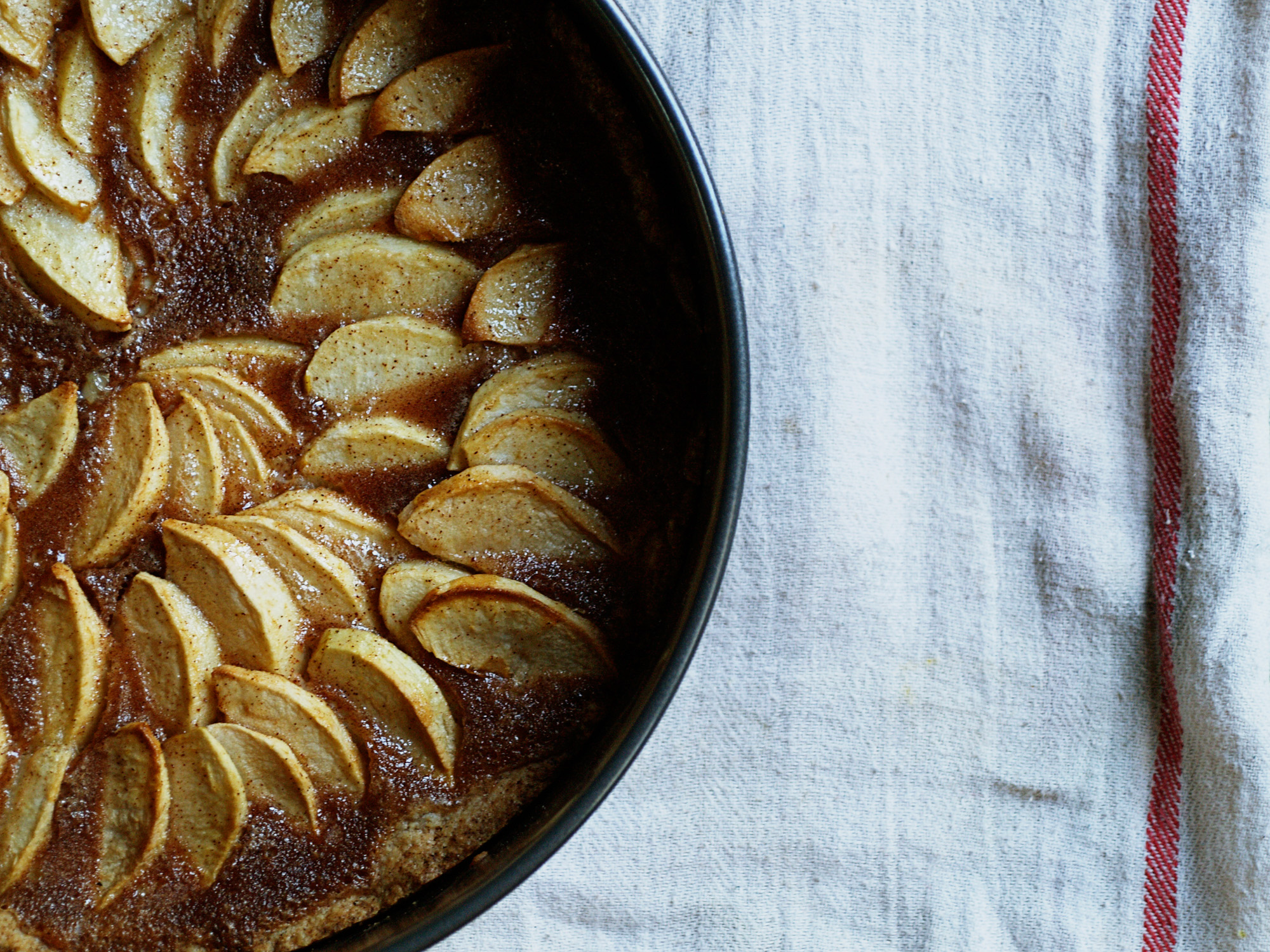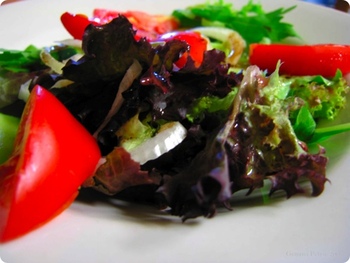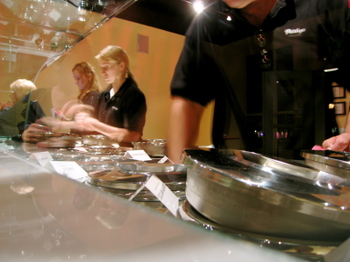I spent the last few months traveling from London to Beijing. Here is a taste of one place we spent time. Follow the links to read about others.
October 18th- 24th, 2005

We are enjoying our last week in Kraków, Poland. Our time has gone fast here. It is sad to be leaving and I am amazed how little I have worked on my grand plans to fully update this webpage. In an effort to still complete a bit more, I am going to cheat and cross-post John's account from our travel webpage and add a few of my own comments. We worked on a Chestnut farm in the Rhône Alpes of Ardèche, France after spending a few days in Garmisch, Germany. We are members of the International WWOOF (world-wide opportunities on organic farms) Association and were able to work on a chestnut farm through these contacts.
With that, I will allow John to speak for us, who is endlessly more witty that I.
The world produces 470,000 tons of chestnuts every year. This year Gemma and I have personally sought out, retrieved, sorted, and carried, at least half of those. For those of you unfamiliar with chestnuts, they’re nasty little fuckers. They bite and scratch and hide under leaves. They grow on steep earthy slopes and they fall when it’s cold and wet. Ugly little worms crawl around in most of them. They are most easily retrieved in very heavy, wet nets, that are prone to catch on any of the numerous sticks, rocks, and sharp plants that grow in the forest.
It isn’t that we aren’t enjoying ourselves in Ardeche. It’s hard to complain about working in the forest for 8 hours and then retiring to your free private suite that rents for many many euros in the tourist season, to build a fire, read, wonder whether a sauna would make our skin too dry, and how to get to Venice.
We’ve worked three days now, and tomorrow is Sunday so we get the day off. It will be nice to explore a little-- so far we’ve started working at sunrise and finished dinner after sunset. Tomorrow we’re going to hitchhike into town to meet the guy who was working with us today. He is staying by himself with the brother of the man we’re working for. He seems to do lots of seasonal work. He says that for grape picking you get 50 euros a day, plus room and board and all the wine you want. He also says it’s very hard work and that you start at 5:30 am. I don’t remember his name. He didn’t remember the dog’s name. I always remember the names of dogs and I never remember the names of people.
Continuing this post after a couple weeks...
The guy’s name was Marco. He’s from Calais, and I hope if he’s reading this that he isn’t offended that I said Calais smelled like bleached fish. We didn’t manage to get a ride into town, only for about 2 km, and so we walked the other 10 km. We had already gone for a two hour walk that morning. We had a beer and a pastis and a pizza, and hitchhiked back. Both men that picked us up on the way back knew Anika and Ludwig by first name, even though we were many miles from their farm. Apparently, they met in a cult of some sort and were married by the cult leader. Anika also told us that she walked once from France to Italy, all the way south and then north again in Italy, through Austria and Germany and Poland, up to Sweden, and then back to France.

There are donkeys here, and they think you have chestnuts, and so they come over to you and try to stick their noses in whatever your’re carrying.
The chestnuts are sorted in a big tub of water. Bad chestnuts float, good chestnuts sink. The good chestnuts are then sorted by hand, and ones that show signs of worms are fed to the donkeys. Good chestnuts are dried in a house called the clede, with a screen floor and a huge wood burning stove beneath it. This year, some of the slightly bad ones will be dried too, since the worms crawl out, fall through the floor, and burn up. The slightly bad ones can be used for flour. They make chestnut flour, chestnut butter, chestnut cakes and cookies, and various chestnut spreads.

Chestnuts are gathered by hand by seasonal workers, in this case a young French couple and a middle aged French woman, for 60 euro cents a kilo. The season was extremely bad this year, and I think that these people probably gathered about 40 kilos a day. That’s 8 hours of bending over and sorting through spiky shells, breaking them open, tossing out bad chestnuts (maybe 75% of the ones I picked up), and putting the good ones in baskets. The trees are on steep hills, and everything was wet.

Chestnuts are also gathered in huge nets that spread out across large portions of the forest, which has been cleared of all other trees and bushes. The nets cover wood piles and descend to the edge of precarious declines into ravines. We helped haul in about 50 nets, ranging from about 25 square meters to about 250 square meters. You shake everything into the center of the nets, wrestle the net onto a sled and drag in to a machine that sorts the nuts from the shells, leaves and twigs. The outer shells of the chestnuts have dozens of needle like spines, that poke through the nets, through clothes, and through gloves. The rain had soaked the leaves, and we were saturated after moving one or two nets. The storm had knocked many leaves from the trees, and those gummed up the machine. Gemma and I swept big armfuls of chestnuts and leaves into the shute leading to the machine, and Ludwig fed it into the hole, where everything was shaken around, the chestnuts fell into a crate by the side, and leaves and shells were blown out the other end. At every step, we pulled sodden clumps of leaves out and threw them aside.
On our speeding, pre-sunrise race to the bus, Anika told us that many kinds of crops have had bad years, not just this year, but for the last few years. She said that people have no respect for the environment. She told us, chillingly matter-of-factly “The world is dying, and we will have to find a new way of life.”
Next stop, Venice.













































































































